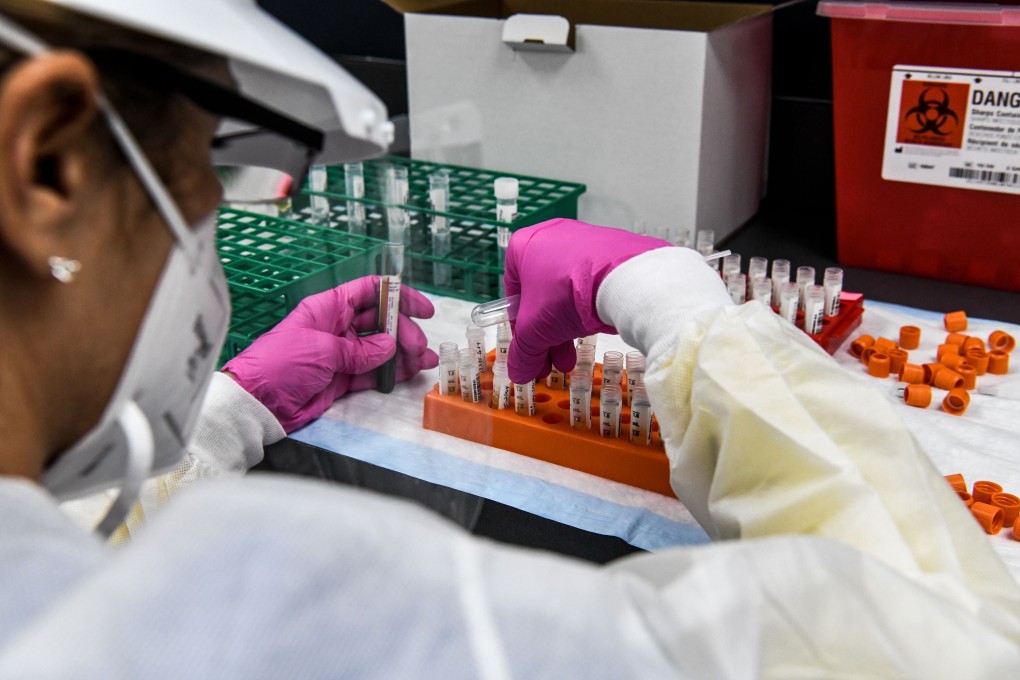Advertisement
Opinion | Who should receive a Covid-19 vaccine first? Let capitalism decide – in the long run
- While the US health authority’s plans to prioritise those on the pandemic front lines and the elderly make sense in the short term, the free market must have its say in the longer term
Reading Time:3 minutes
Why you can trust SCMP

One day, hopefully in months, we are going to have a successful vaccine for Covid-19. Who will get it first, given that, initially at least, it will be in short supply?
There seems to be a consensus that those on the front lines – doctors, nurses and others treating those already infected – would be first in the queue. Who is next? Well, the most vulnerable: those already afflicted with pre-existing medical conditions.
And after those people? The thinking seems to be to protect the most susceptible demographics. For example, the elderly, not children, even though, ordinarily, in other contexts, the reverse would be the case.
Advertisement
These are the preliminary findings of US federal health “experts” at the Centres for Disease Control and Prevention.

Advertisement
The issue of race once again comes into the mix. Blacks are disproportionately being infected by and dying from this dreaded disease compared to whites. So, should the former be moved up in the queue?
Advertisement
Select Voice
Choose your listening speed
Get through articles 2x faster
1.25x
250 WPM
Slow
Average
Fast
1.25x
